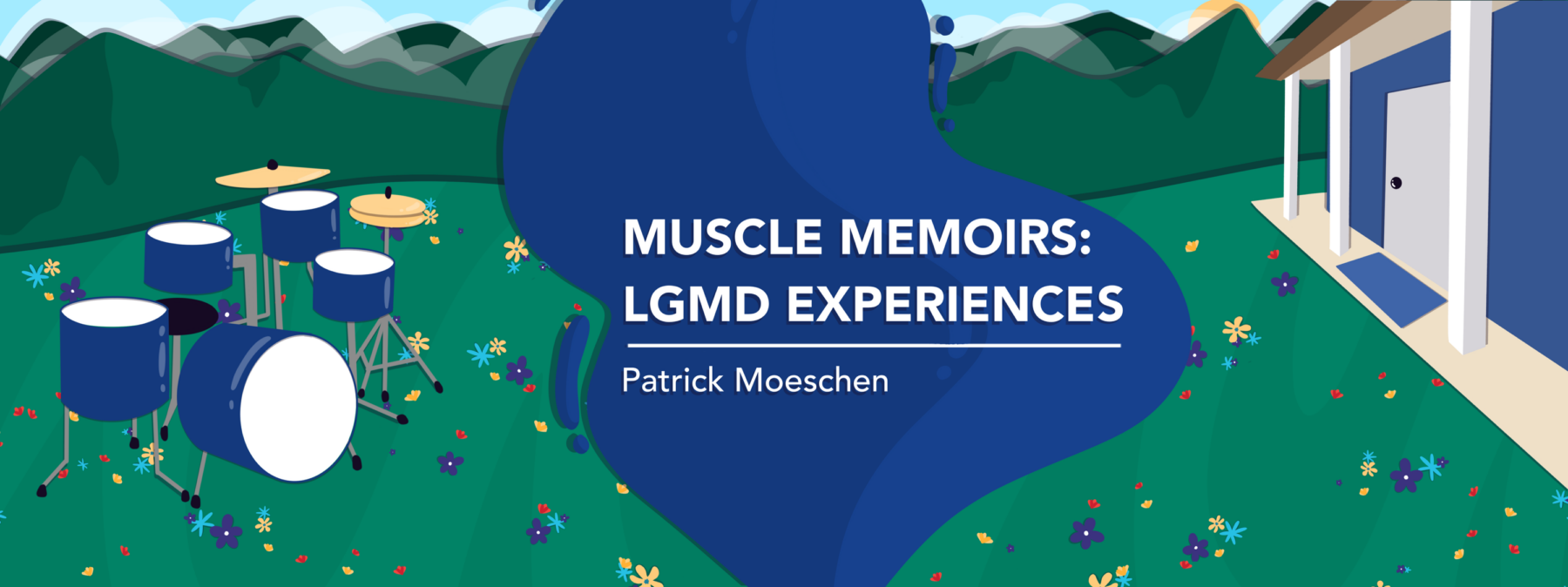Changing society and its views on disability, one column at a time
Living with a chronic illness is not something for others to pity
Written by |

Like me, my colleagues here at Bionews, the parent company of this website, write about their lives with chronic illness. In our columns, “we make a promise to our rare disease communities to deliver trustworthy information to help educate, engage, and champion the patient voice.”
These words appear on the Bionews website, and they’re the reason I applied to be part of the team. I believe that people who challenge the status quo can change the world for the better.
In writing about my life with limb-girdle muscular dystrophy, I elevate the patient voice and share my experiences accumulated from more than 50 years on the planet. As I write, and read the columns of others, I find many common themes emerging: love, acceptance, success, and passion for life.
I believe these things are experienced by all humans, chronically ill or not. This led me to wonder: Why is the disabled population, especially those of us living with a rare illness, marginalized in society? Is it because society has lower expectations of the disabled? Is it because there are barriers to obtaining full-time employment? Higher education? Financial freedom? Perhaps the answer is yes to all of these, and as a whole, this list could look insurmountable.
But nothing is insurmountable.
Be the change you want to see
So we have to change society. It’s a tall order, but it’s been done over and over again throughout history. It starts with a small group of people, like our team at Bionews. The pace of change can be glacial, but with time, others begin to listen.
With that being said, as a community of people living with rare, chronic conditions, it’s imperative that we be the change that we want to see. This can start with words.
I am not “in a wheelchair,” and I’m certainly not “wheelchair-bound” or “confined to a wheelchair.” I am a “wheelchair user,” and my power wheelchair is a treatment for my condition. This treatment provides me with independence and improves my quality of life.
I am not “crippled,” “differently abled,” or “handicapable.” I am a man living with a disability.
If I’m an inspiration, it should be because I set an example of getting up each day and working hard to achieve my goals while being a productive member of society. I’m not an inspiration because I use a wheelchair, and I’m certainly not a hero because I live with muscular dystrophy. That would be like me calling an able-bodied person a hero because they walk.
I don’t feel sorry for myself because I don’t have to. My quality of life is wonderful, and much of that is due to treatments for muscular dystrophy such as my power wheelchair, lifts that allow me to transfer, ramps, zero-gravity utensils, and voice-activated devices around my home. When you dig a little deeper than just viewing someone as “handicapped,” you may learn that living a full, meaningful life with a chronic illness is not something for others to pity.
I am a firm believer in the fact that if you change the way you look at things, the things you look at change. That includes the current societal view of the disabled community. Those of us living with a chronic disease are the expert voice. Let’s use it to change the world.
Note: Muscular Dystrophy News Today is strictly a news and information website about the disease. It does not provide medical advice, diagnosis, or treatment. This content is not intended to be a substitute for professional medical advice, diagnosis, or treatment. Always seek the advice of your physician or another qualified health provider with any questions you may have regarding a medical condition. Never disregard professional medical advice or delay in seeking it because of something you have read on this website. The opinions expressed in this column are not those of Muscular Dystrophy News Today or its parent company, Bionews, and are intended to spark discussion about issues pertaining to muscular dystrophy.






Leave a comment
Fill in the required fields to post. Your email address will not be published.